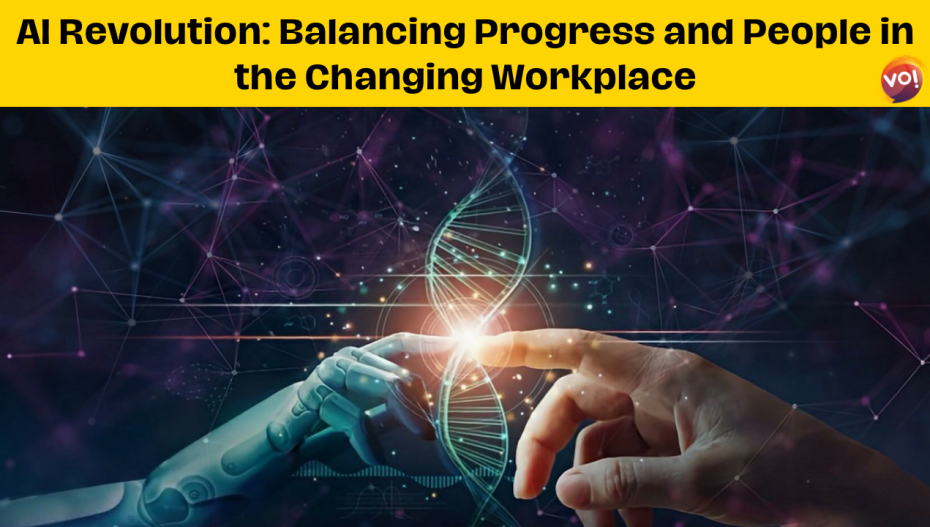The rise of artificial intelligence (AI) is no longer a science fiction trope, but a tangible reality poised to reshape the global economy. While the potential for increased productivity and boosted growth is undeniable, anxieties linger about how AI will impact the future of work and societal equality. In a recent analysis, the International Monetary Fund (IMF) presents a sobering yet hopeful outlook, urging a policy-driven approach to harness the power of AI while mitigating its risks.
The report paints a nuanced picture of AI’s potential impact on labor markets. Nearly 40% of global jobs face some degree of exposure, meaning AI could either enhance or replace tasks currently performed by humans. This exposure varies considerably across economies, with advanced economies like the US and Europe facing the brunt of disruption. Here, up to 60% of jobs could be impacted, half potentially benefiting from AI-driven productivity gains, while the other half face potential automation and wage decline.
For emerging markets and developing economies, the immediate disruption appears less pronounced, with AI exposure hovering around 40% and 26%, respectively. However, this doesn’t necessarily imply immunity. Lack of infrastructure and skilled workforces could put these nations at a disadvantage, widening the technological and economic gap over time.
The key takeaway from the IMF analysis is the urgency of proactive policy responses. We need a multi-pronged approach that:
Invests in education and reskilling: To equip workers with the skills needed to thrive in an AI-powered economy, significant investments in education and training programs are crucial.
Strengthens social safety nets: As job displacement becomes a reality, robust social safety nets will be essential to protect vulnerable populations and prevent societal unrest.
Promotes fair competition and data governance: To prevent technological monopolies and ensure ethical data use, clear regulations and antitrust measures are needed.
Encourages responsible AI development: Fostering responsible AI development through collaboration between policymakers, businesses, and researchers is vital to ensure AI benefits all, not just a select few.
AI-driven transformation is inevitable, but navigating its path requires prudence and proactive policy. By prioritizing skills development, social safety nets, fair competition, and responsible development, we can ensure that AI becomes a force for positive change, reshaping the workplace for the betterment of humanity.
The Ram temple consecration ceremony in Ayodhya reached its peak, and a rift has emerged between the ruling Bharatiya Janata Party. Read more.












